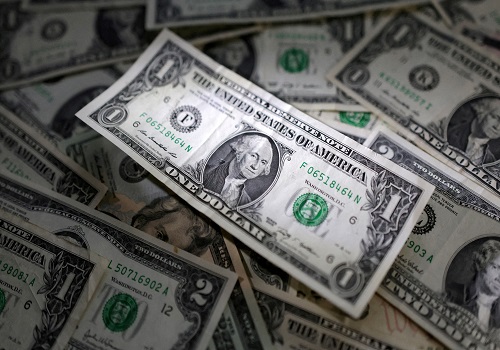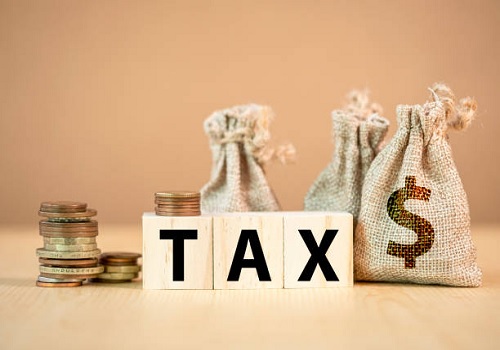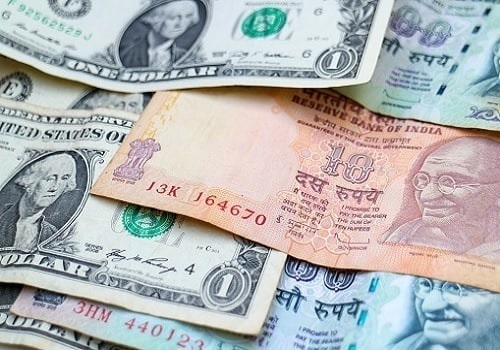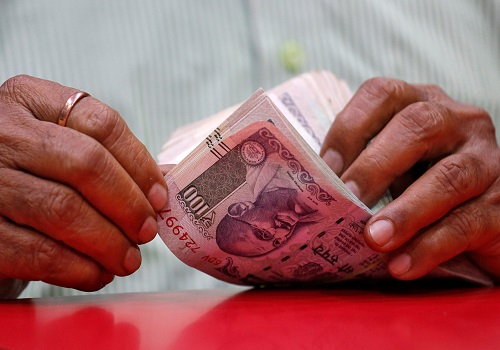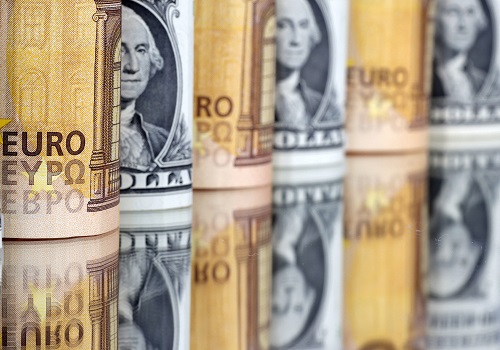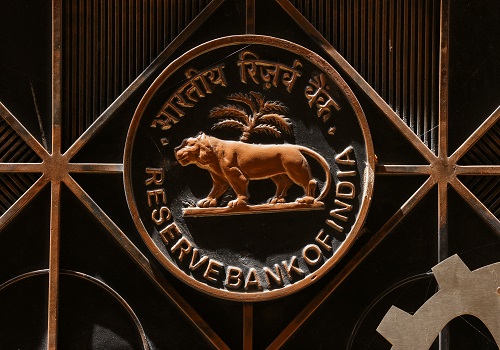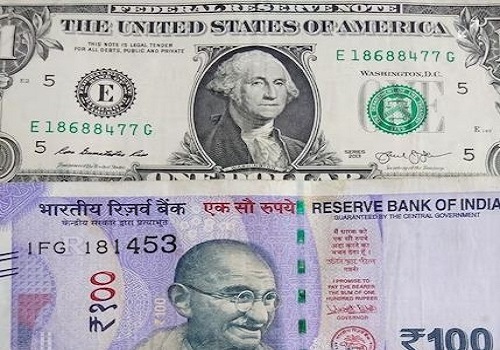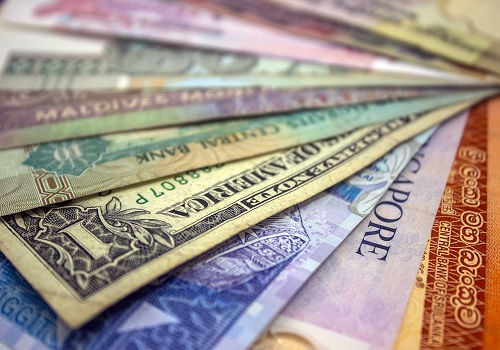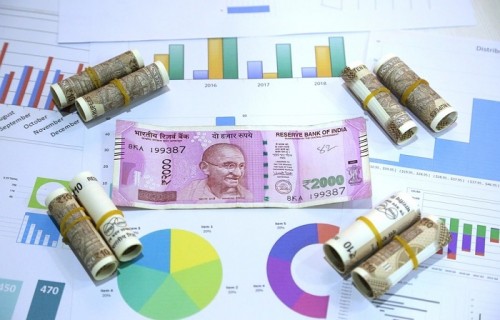Dollar rises towards 2-year high after Fed policy maker's comments
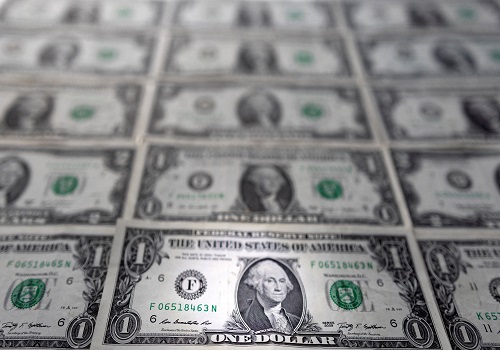
Follow us Now on Telegram ! Get daily 10 - 12 important updates on Business, Finance and Investment. Join our Telegram Channel
HONG KONG - The dollar edged up to its highest level in nearly two years on Wednesday after jumping overnight on more hawkish comments from a Federal Reserve official, while the euro was hurt by the prospect of new Western sanctions on Russia.
The dollar index, which measures the greenback against six peers, gained 0.15% in early trade to 99.620, its highest level since May 2020.
The index gained 0.5% on Tuesday after Fed Governor Lael Brainard said she expects a combination of interest rate increases and a rapid balance sheet runoff to bring U.S. monetary policy to a "more neutral position" later this year, with further tightening to follow as needed.
Brainard is normally seen as a more dovish policy maker.
"Brainard's comments are the proximate cause of the back up in yields and the firmer dollar that we've got," said Ray Attrill, global head of FX strategy at National Bank of Australia.
The U.S. 2-year yield is at its highest level since January 2019, the 5-year yield its highest since December 2018, and the benchmark 10-year yield rose to 2.6120%, its highest since April 2019. [US/]
"But when we talk about the dollar, it's difficult to divorce it from the euro-dollar exchange rate, given its weight in the index, and the euro has been done no favours by the latest talk about broadening sanctions, which is opening up bad news for the eurozone economy," Attrill added.
The euro was at $1.0894 on Wednesday its lowest level in nearly a month.
Proposed European Union sanctions would ban buying Russian coal and prevent Russian ships from entering EU ports, part of a ramp up of western sanctions on Russia over its nearly six-week invasion of Ukraine after dead civilians shot at close range were discovered in the town of Bucha, seized back from Russian forces.
Russia denied targeting civilians in Bucha.
The dollar's gains were broad based. It rose 0.27% against the Japanese yen to 123.94, its highest in a week, and heading back towards March's near seven-year peak of 125.1.
The Bank of Japan is holding Japanese yields down, and the widening gap between U.S. and Japanese yields is weighing on the yen.
Sterling was at $1.30655, heading back in the direction of last month's $1.30, its lowest since November 2020, while the Aussie dollar was holding firm at $0.7578, near Tuesday's nine-month peak after the Reserve Bank of Australia signalled higher interest rates were approaching.
Bitcoin was slightly softer around $45,000.












 320-x-100_uti_gold.jpg" alt="Advertisement">
320-x-100_uti_gold.jpg" alt="Advertisement">


